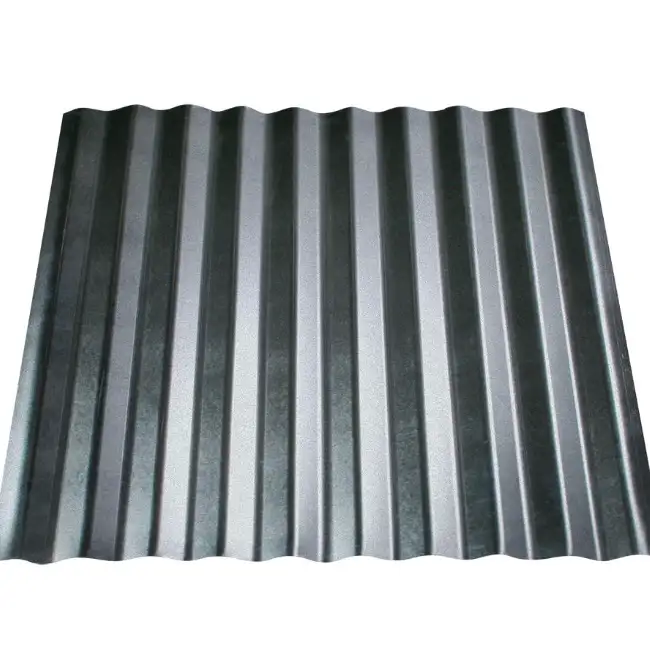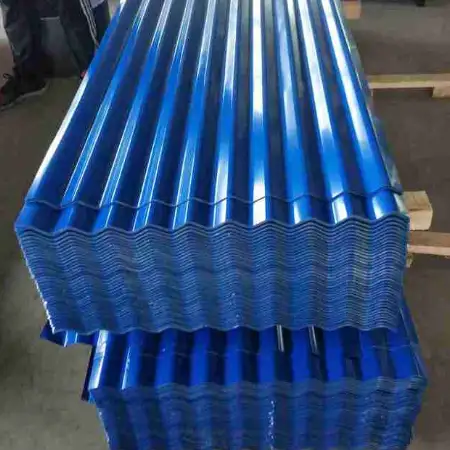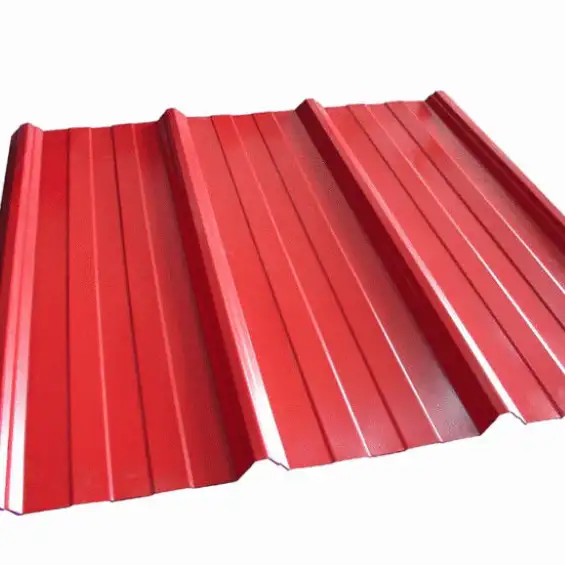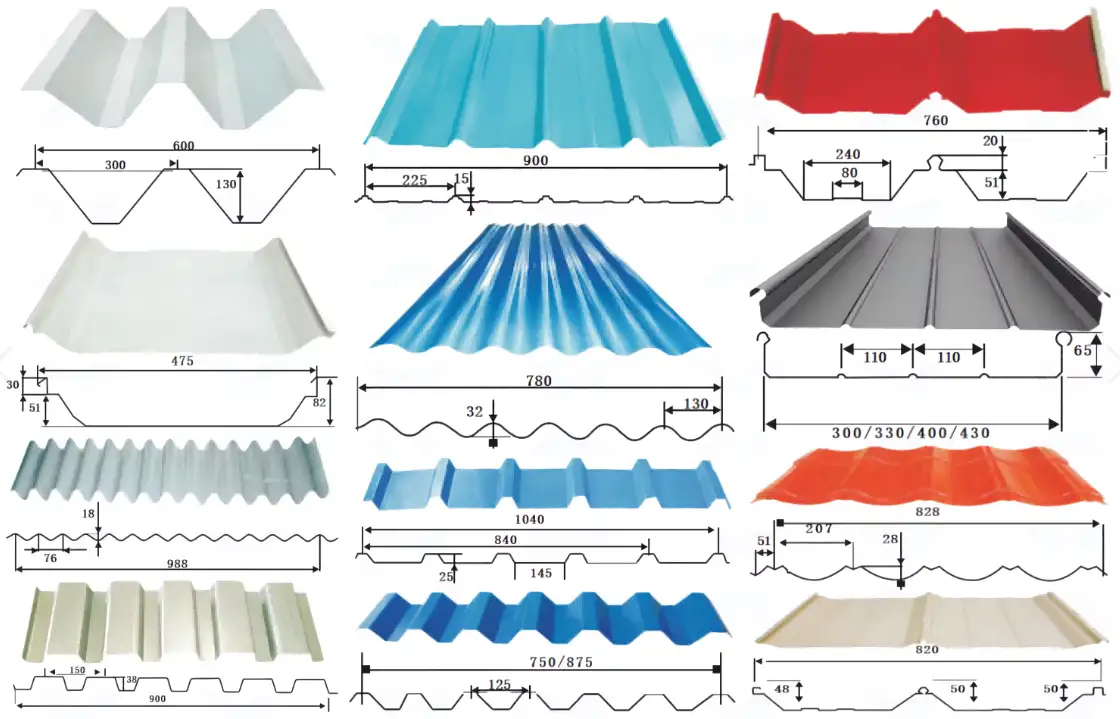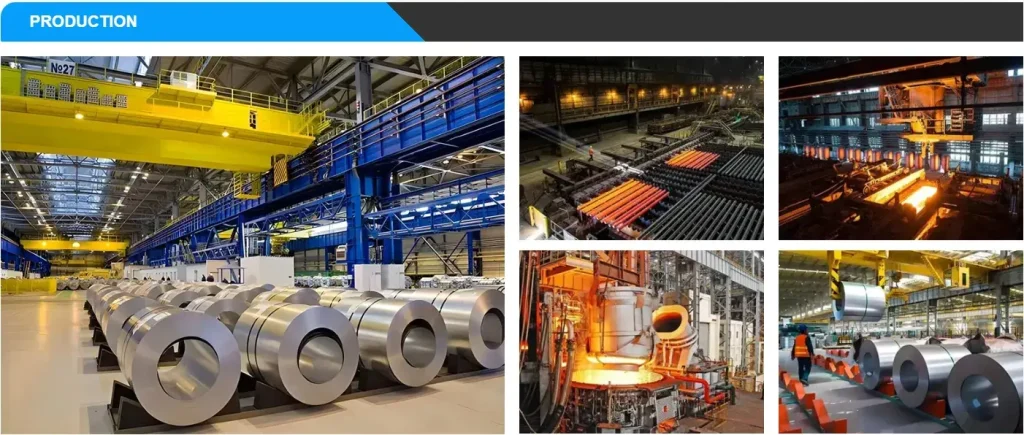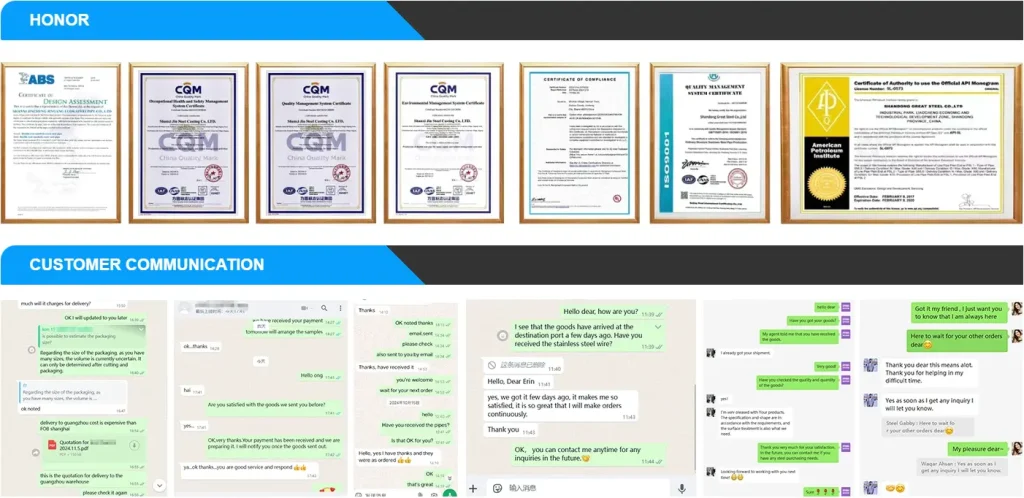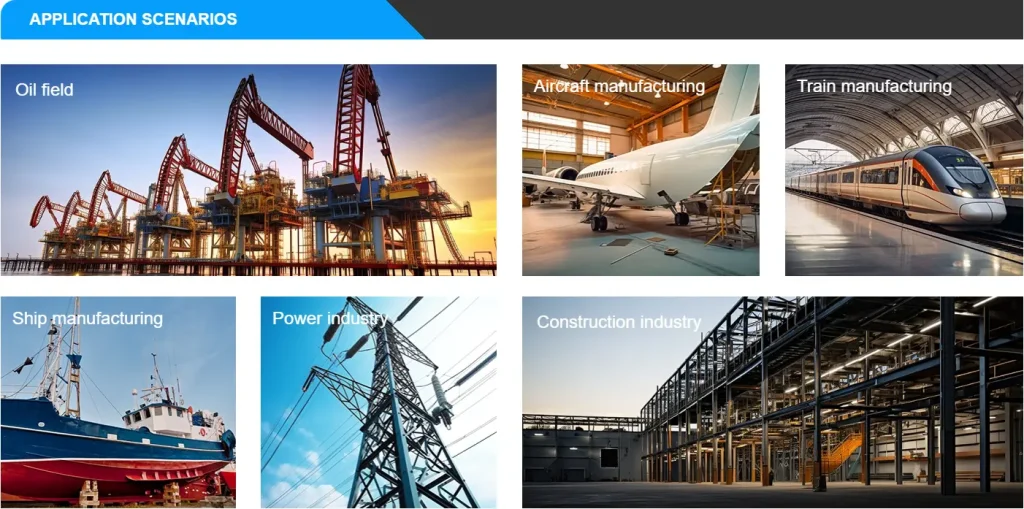We proudly present Luokaiwei’s comprehensive range of corrugated metal roofing sheets and panels, engineered to meet the demanding requirements of today’s construction industry. Our corrugated metal roofing solutions combine advanced manufacturing techniques with premium materials to deliver exceptional performance, durability, and aesthetic appeal for residential, commercial, and industrial applications.
What Are Corrugated Metal Roofing Sheets?
Corrugated metal roofing represents one of the most reliable and cost-effective roofing solutions available in today’s market. These panels feature a distinctive wave-like pattern that provides superior structural strength while maintaining lightweight characteristics. The corrugated profile creates alternating ridges and valleys that channel water efficiently, prevent pooling, and enhance the overall load-bearing capacity of the roofing system.
Our Luokaiwei corrugated metal sheets undergo precision roll-forming processes that ensure consistent dimensions and optimal performance. The corrugated design significantly increases the structural integrity compared to flat sheets of the same material thickness. This innovative approach has made corrugated metal roofing a preferred choice for architects, contractors, and property owners seeking reliable, long-lasting roofing solutions.
Manufacturing Excellence and Quality Standards
We manufacture our corrugated metal roofing sheets using state-of-the-art roll-forming technology that ensures precise dimensions and consistent quality. Our manufacturing process begins with high-grade steel coils that meet international quality standards. The raw materials undergo rigorous quality control testing before entering our production line.
The roll-forming process involves passing the steel through a series of precision rollers that gradually shape the material into the desired corrugated profile. This cold-forming technique preserves the material’s structural integrity while creating the characteristic wave pattern. Our automated production lines maintain consistent spacing between corrugations, ensuring perfect alignment during installation.
Quality assurance measures throughout our manufacturing process include dimensional verification, surface finish inspection, and coating thickness measurement. Each batch of corrugated sheets undergoes comprehensive testing to verify compliance with relevant industry standards and building codes. Furthermore, our facility maintains ISO 9001 certification, reflecting our commitment to consistent quality management.
Material Composition and Coating Options
Our corrugated metal roofing sheets are available in multiple material compositions to suit various applications and environmental conditions. The base material typically consists of galvanized steel, which provides excellent corrosion resistance and structural strength. We also offer aluminum and stainless steel options for specialized applications requiring enhanced corrosion resistance or specific aesthetic requirements.
Coating options include standard galvanized finish, which provides basic corrosion protection suitable for most applications. For enhanced durability, we offer pre-painted options with polyester or PVDF coatings. These advanced coatings provide superior color retention, UV resistance, and weatherability. The paint systems undergo rigorous testing to ensure long-term performance under various climatic conditions.
Galvalume coating, an aluminum-zinc alloy, offers superior corrosion resistance compared to traditional galvanized coatings. This premium option provides excellent protection in coastal environments and areas with high humidity. Additionally, we provide custom color matching services to meet specific architectural requirements and aesthetic preferences.
Technical Specifications and Performance Parameters
Understanding the technical specifications of our corrugated metal roofing sheets is crucial for proper application and installation. Our standard corrugated profile features a pitch of 76mm (3 inches) with a depth of 19mm (0.75 inches), providing optimal water drainage and structural performance. The effective coverage width is 762mm (30 inches), while the overall width measures 914mm (36 inches).
Material thickness ranges from 0.35mm to 0.7mm, with the most common options being 0.5mm and 0.6mm for standard applications. Tensile strength varies depending on the material grade, with typical values ranging from 270 to 550 MPa. The yield strength typically falls between 200 and 450 MPa, ensuring adequate structural performance under normal loading conditions.
Thermal expansion coefficients must be considered during design and installation. Steel exhibits a coefficient of approximately 12 × 10⁻⁶ per degree Celsius, while aluminum expands at roughly 23 × 10⁻⁶ per degree Celsius. These values are essential for calculating expansion joint requirements and preventing thermal stress-related failures.
Complete Specifications Table
| Parameter | Standard Range | Premium Range | Heavy Duty Range |
|---|---|---|---|
| Material | Galvanized Steel | Galvalume Steel | Stainless Steel 304 |
| Thickness | 0.35-0.5mm | 0.5-0.6mm | 0.6-0.7mm |
| Profile Pitch | 76mm (3″) | 76mm (3″) | 76mm (3″) |
| Profile Depth | 19mm (0.75″) | 19mm (0.75″) | 19mm (0.75″) |
| Effective Width | 762mm (30″) | 762mm (30″) | 762mm (30″) |
| Total Width | 914mm (36″) | 914mm (36″) | 914mm (36″) |
| Length Options | 2.4-6m | 2.4-12m | 2.4-12m |
| Tensile Strength | 270-350 MPa | 350-450 MPa | 450-550 MPa |
| Yield Strength | 200-280 MPa | 280-350 MPa | 350-450 MPa |
| Coating Weight | Z100-Z180 | Z180-Z275 | Z275-Z350 |
| Color Options | 15 standard colors | 25 standard colors | Custom matching |
| Warranty | 15 years | 25 years | 35 years |
Installation Methods and Best Practices
Proper installation of corrugated metal roofing sheets requires adherence to industry best practices and building code requirements. We recommend a minimum roof slope of 1:40 (1.4 degrees) to ensure adequate water drainage, though steeper slopes provide improved performance and longevity. The structural support system must be designed to accommodate the anticipated loads, including dead loads, live loads, wind loads, and snow loads where applicable.
Fastening systems play a critical role in the performance of corrugated metal roofing. We recommend using corrosion-resistant fasteners with appropriate sealing washers to prevent water infiltration. Fasteners should be installed through the crown of the corrugation to ensure proper compression and sealing. The spacing between fasteners depends on the specific application and local wind conditions, typically ranging from 300mm to 600mm on centers.
Side lap connections require careful attention to ensure weather-tight sealing. We recommend a minimum side lap of 1.5 corrugations, with appropriate sealant application to prevent water penetration. End lap connections should provide a minimum overlap of 150mm, with sealed connections to maintain weather resistance. Proper flashing installation at roof edges, penetrations, and intersections is essential for long-term performance.
Applications and Market Segments
Our corrugated metal roofing sheets serve diverse applications across multiple market segments. Industrial facilities benefit from the durability and low maintenance requirements of corrugated metal roofing. Manufacturing plants, warehouses, and distribution centers frequently specify our products for their combination of structural performance and cost-effectiveness.
Commercial applications include retail centers, office buildings, and institutional facilities. The aesthetic versatility of our pre-painted options allows architects to achieve desired visual effects while maintaining functional performance. Agricultural buildings represent another significant market segment, where our corrugated sheets provide reliable protection for livestock facilities, storage buildings, and equipment shelters.
Residential applications have grown significantly in recent years, driven by increased awareness of metal roofing benefits. Homeowners appreciate the longevity, energy efficiency, and low maintenance requirements of corrugated metal roofing. The availability of residential-scale profiles and enhanced color options has expanded market acceptance in this segment.
Advantages and Performance Benefits
Corrugated metal roofing offers numerous advantages over traditional roofing materials. Longevity stands out as a primary benefit, with properly installed systems lasting 40-70 years depending on environmental conditions and maintenance practices. This extended service life provides excellent value compared to alternative roofing materials that require replacement every 15-25 years.
Weather resistance represents another significant advantage of corrugated metal roofing. The material withstands extreme temperatures, high winds, hail, and UV radiation without degradation. Fire resistance provides additional safety benefits, as metal roofing systems achieve Class A fire ratings. Additionally, the reflective properties of metal roofing can contribute to energy savings by reducing cooling loads in hot climates.
Lightweight characteristics of corrugated metal roofing reduce structural loading compared to concrete tiles or slate. This advantage often allows for simplified structural design and reduced construction costs. The recyclability of metal roofing materials supports sustainable construction practices and LEED certification requirements.
Global Price Comparison In 2025
| 🌍 Region | Unit | Typical Price Range |
|---|---|---|
| China | per ton | US $459–900 / ton (galvanized/pre‑painted) |
| per sq m (~0.3–0.5 mm) | US $600–680 / ton (~US $0.60–0.68 / kg) | |
| UK/Europe | per ton (color-coated) | £890–£1,300 (~US $1,100–1,600) for 3 mm–1.4 mm thickness |
| USA | per sq ft panel | US $2.00–$5.00 (material only); installed total ~US $7–13 per sq ft |
| Nigeria | per sq m | ₦1,200–₦2,000 (~US $1.60–2.60) |
💡 Notes & Insights
-
China:
-
Galvanized/pre‑painted sheet: US $459–900/ton depending on coating, thickness and order volume.
-
Typical thickness (0.3–0.5 mm) yields US $600–680/ton, or about US $0.60–0.68/kg.
-
-
Europe/UK:
-
Color-coated galvanized (3 mm): US $1,100–1,600/ton (~£890–1,300).
-
-
USA:
-
Panels cost US $2–5 per sq ft, with typical installed cost US $7–13 per sq ft.
-
-
Nigeria:
-
Corrugated metal roofing: ₦1,200–2,000/m² (~US $1.60–2.60) .
-
⚠️ Considerations
-
Unit conversions: 1 ton ≈ 10.76 m² at 0.5 mm; or 1 m² ≈ 2.17 sq ft.
-
Coating types (galvanized, galvalume, pre‑painted) and steel gauges (0.3–0.6 mm) significantly impact prices.
-
Order volume (MOQ), shipping, duties, and steel market volatility can swing prices.
-
Installation costs (for end-users) vary widely by region—especially in North America.
Maintenance and Longevity Considerations
Proper maintenance ensures optimal performance and maximum service life of corrugated metal roofing systems. Regular inspection schedules should include visual examination of the roof surface, fastener conditions, and flashing integrity. We recommend semi-annual inspections, with additional checks following severe weather events.
Cleaning procedures vary depending on environmental conditions and coating types. Generally, periodic washing with mild detergent and water removes accumulated dirt and debris. Avoid using abrasive cleaners or high-pressure washing that could damage protective coatings. Coastal installations may require more frequent cleaning due to salt accumulation.
Preventive maintenance includes fastener tightening, sealant renewal, and minor repair work. Addressing small issues promptly prevents more extensive damage and extends system life. Professional inspection services can identify potential problems before they become costly repairs. With proper maintenance, our corrugated metal roofing systems routinely exceed design life expectations.
Environmental Impact and Sustainability
Corrugated metal roofing aligns with sustainable construction practices through multiple environmental benefits. The recyclability of steel and aluminum allows for material recovery at the end of service life, reducing waste streams and conserving natural resources. Additionally, metal roofing often contains significant recycled content, further reducing environmental impact.
Energy efficiency represents another environmental advantage. Reflective coatings can reduce cooling loads by 10-15% in hot climates, decreasing energy consumption and greenhouse gas emissions. The longevity of metal roofing systems reduces the frequency of replacement activities, minimizing construction waste and resource consumption over the building’s lifetime.
Manufacturing processes for corrugated metal roofing typically require less energy than alternative materials like concrete tiles or asphalt shingles. Furthermore, the lightweight nature of metal roofing reduces transportation energy requirements. These factors contribute to lower embodied energy and reduced carbon footprint compared to many traditional roofing materials.
Frequently Asked Questions
Q: What is the expected lifespan of Luokaiwei corrugated metal roofing sheets? A: Our corrugated metal roofing sheets are designed for exceptional longevity, with properly installed systems lasting 40-70 years depending on environmental conditions and maintenance practices. The galvanized and pre-painted options typically provide 25-35 years of warranty coverage, while premium coatings can extend this to 40+ years.
Q: How do corrugated metal roofing sheets perform in extreme weather conditions? A: Corrugated metal roofing demonstrates excellent performance in extreme weather conditions. The materials withstand high winds up to 180 mph when properly installed, resist hail impact, and maintain structural integrity through temperature extremes from -40°F to 120°F. The corrugated profile provides superior strength-to-weight ratio compared to flat panels.
Q: Can corrugated metal roofing be installed over existing roofing materials? A: Yes, corrugated metal roofing can often be installed over existing roofing materials, subject to structural evaluation and local building code requirements. This retrofit approach can reduce installation costs and minimize waste disposal. However, proper ventilation and moisture management must be addressed to prevent condensation issues.
Q: What maintenance is required for corrugated metal roofing systems? A: Maintenance requirements are minimal compared to traditional roofing materials. We recommend semi-annual visual inspections, periodic cleaning with mild detergent, and prompt attention to any loose fasteners or damaged sealant. Professional inspection every 3-5 years helps identify potential issues before they become costly repairs.
Q: How do corrugated metal roofing sheets compare to other roofing materials in terms of cost? A: While initial costs may be higher than some traditional materials, corrugated metal roofing provides superior value over the system’s lifetime. The extended service life, minimal maintenance requirements, and energy efficiency benefits typically result in lower total cost of ownership compared to asphalt shingles or tiles.
Q: Are there any special considerations for installation in coastal environments? A: Coastal installations require enhanced corrosion protection due to salt air exposure. We recommend Galvalume or stainless steel options for these applications, along with stainless steel or aluminum fasteners. Regular cleaning to remove salt deposits and more frequent inspections help ensure optimal performance in marine environments.


